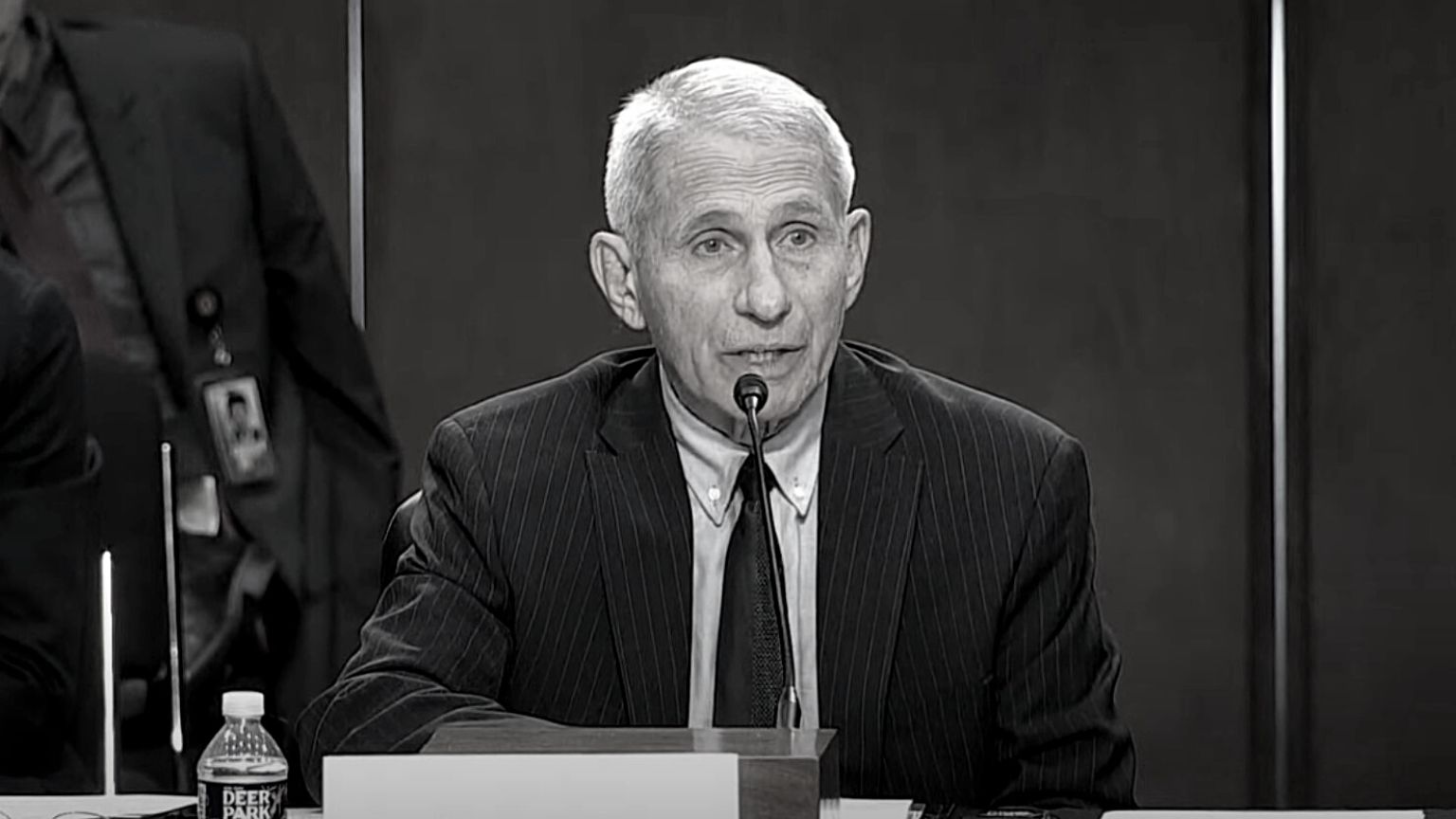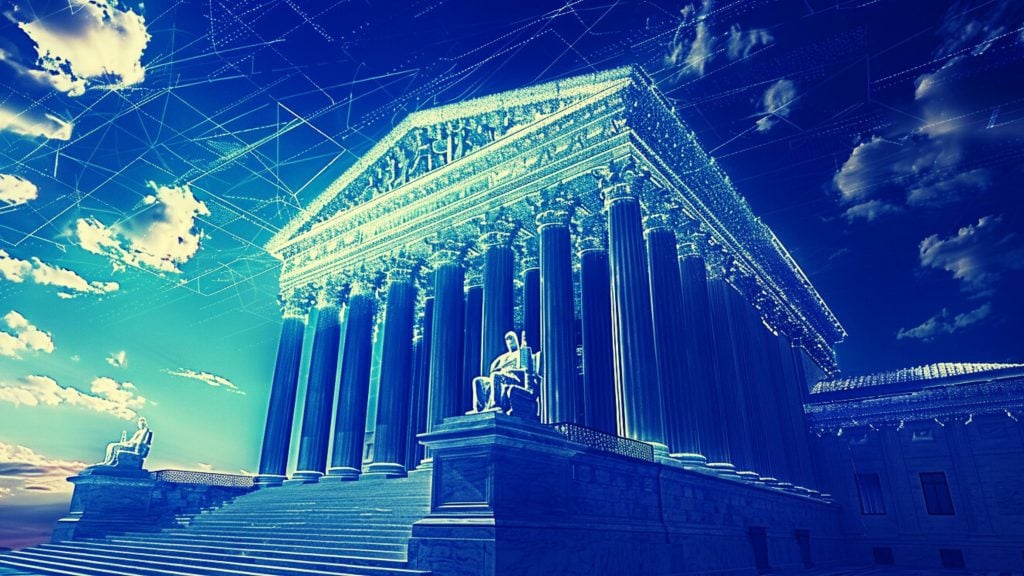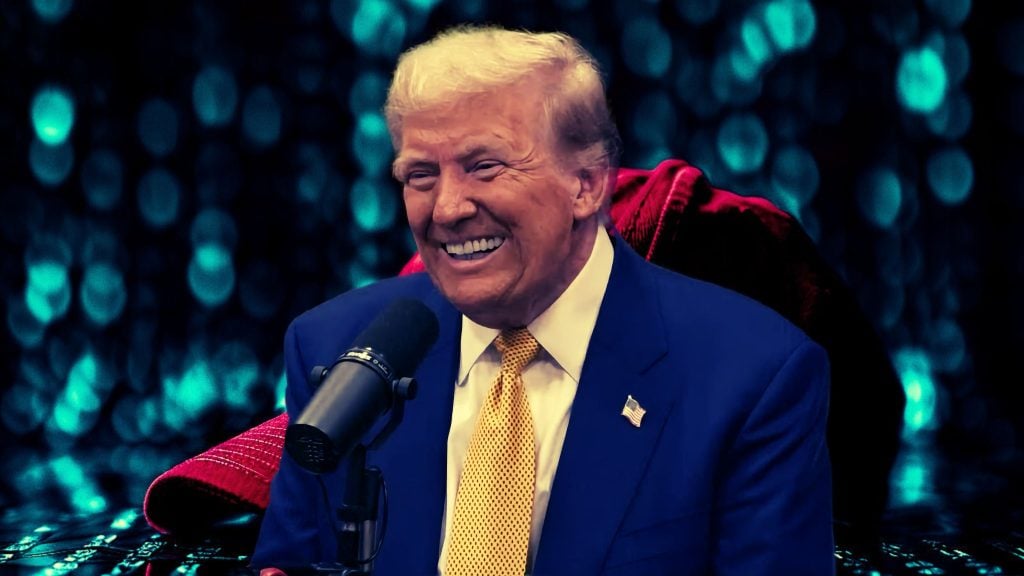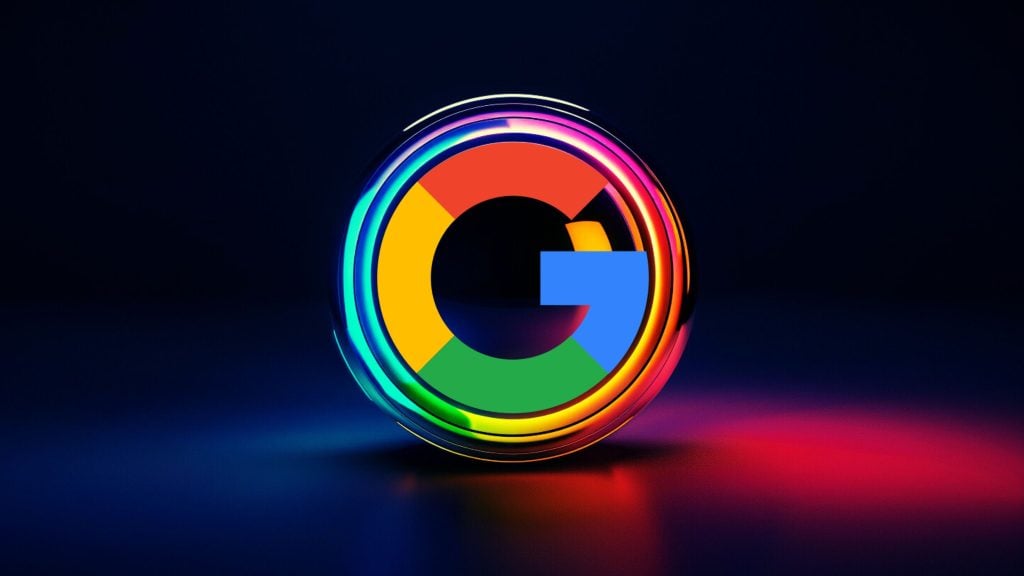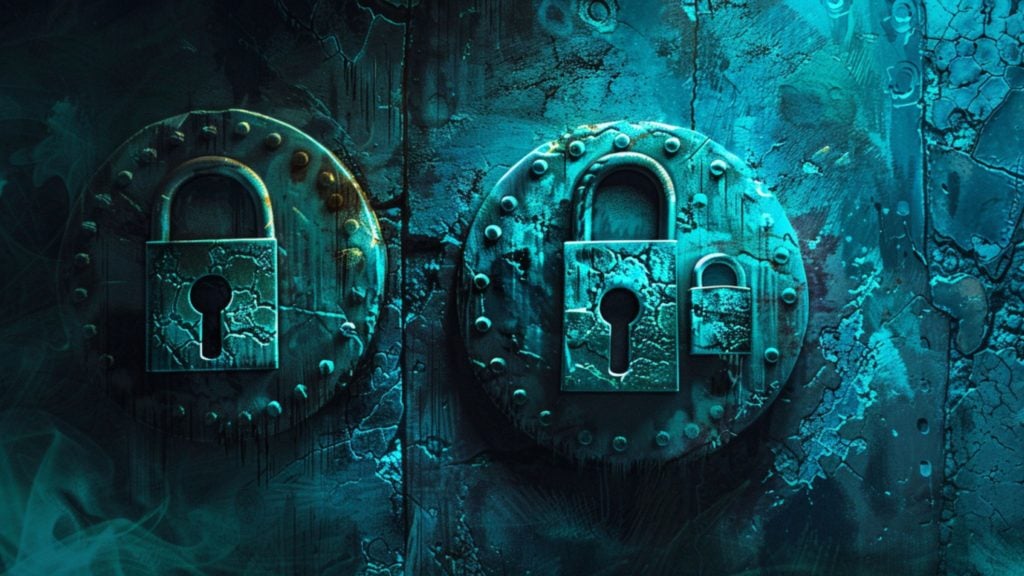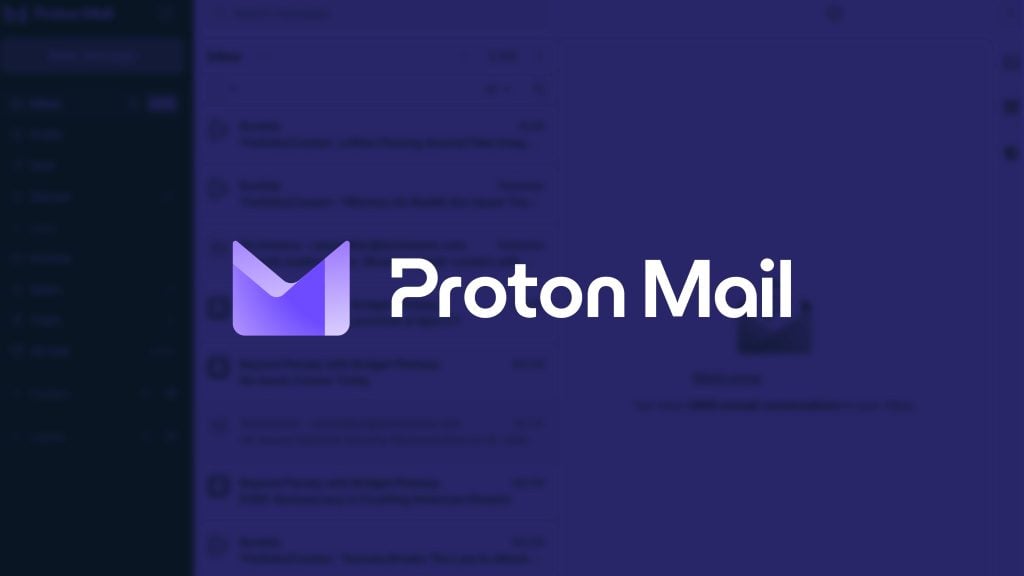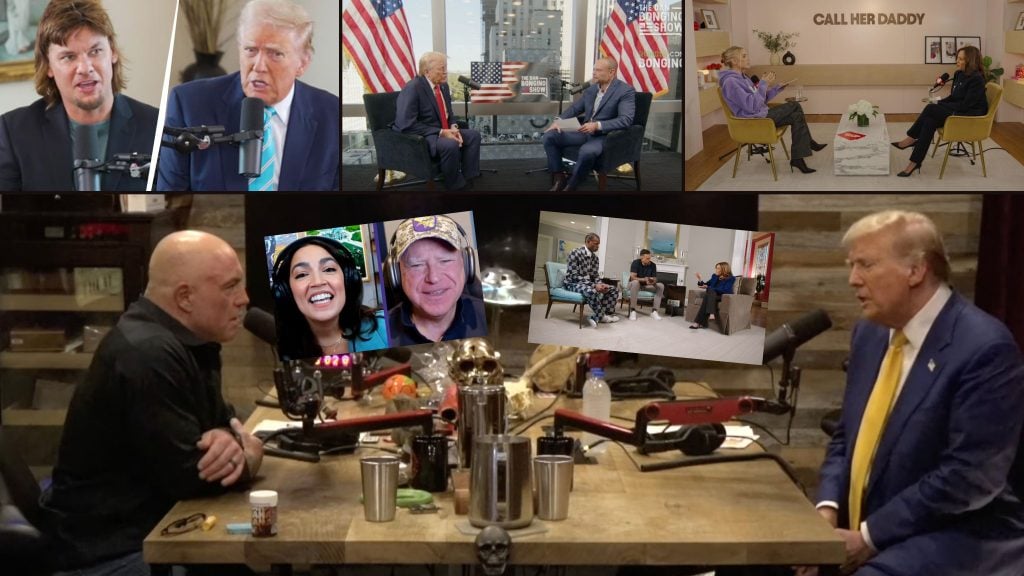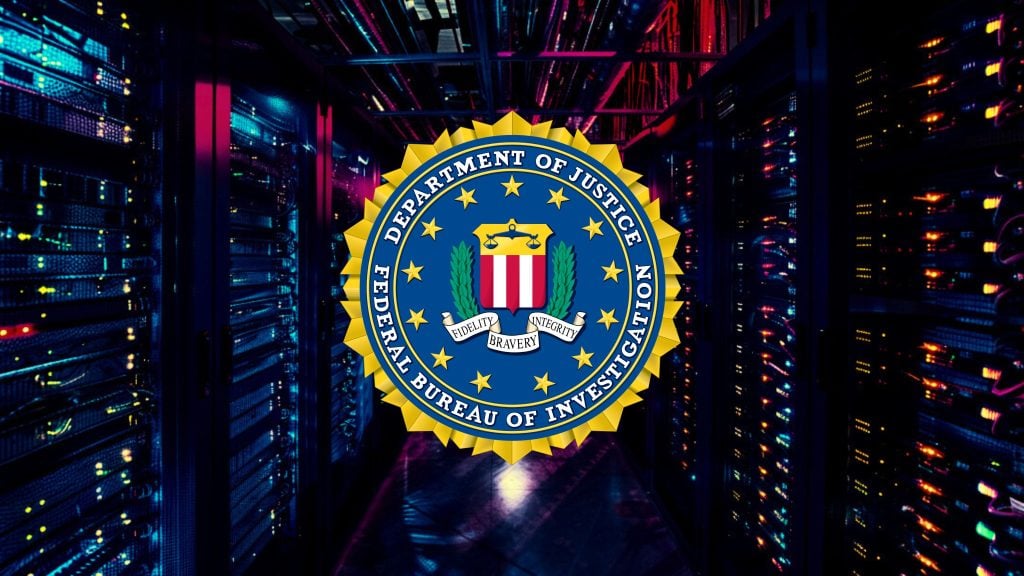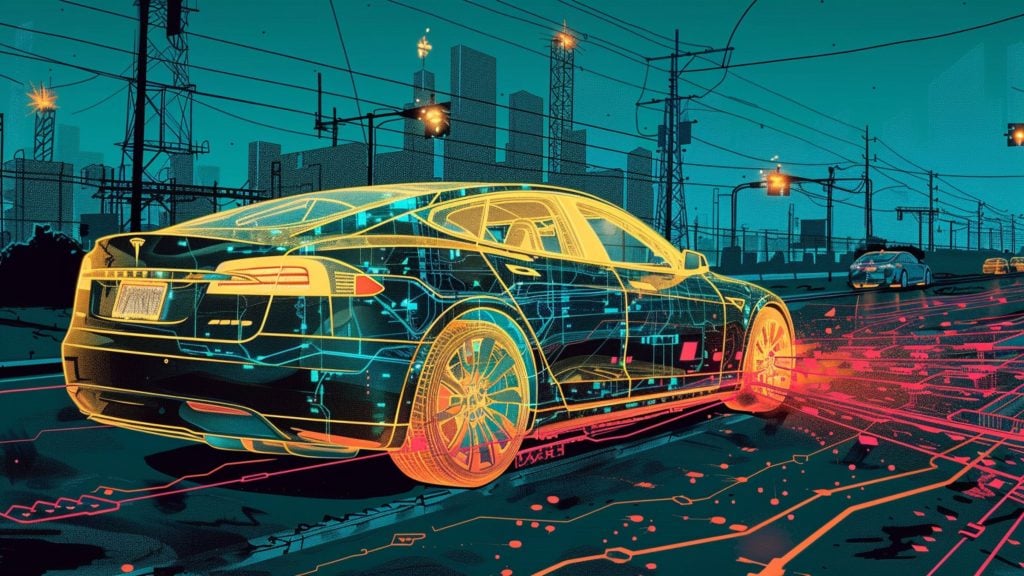Dr. Anthony Fauci’s deposition, taken as part of the lawsuit filed by Missouri and Louisiana’s Attorneys General alleging collusion between government and online platforms to censor certain viewpoints, has details about Dr. Fauci’s attitude towards Covid topics that were censored on social media platforms.
Read the full deposition transcript here.
Fauci, the retiring director of the National Institute of Allergy and Infectious Diseases, was deposed under oath on November 23.
During the deposition, Fauci said that he did not have the expertise to say whether or not COVID-19 originated from a laboratory or nature. However, he repeatedly dismissed the lab-leak theory.
Social media companies also censored content and accounts suggesting the virus originated from a lab.
Fauci and then-head of the National Institute of Health (NIH) Dr. Francis Collins spoke out against the Great Barrington Declaration, a document that provided an alternative approach to the pandemic. Their comments resulted in Big Tech cracking down on the declaration. Documents acquired in the case show communications between Collins and Fauci discussing how to suppress the declaration’s influence.
Despite evidence to the contrary, during the deposition, Fauci said he does not advocate for social media censorship and does not have a social media presence. Emails produced as evidence in the case show that government officials contacted Big Tech over the removal of multiple accounts pretending to be Fauci.
“I was not aware that they were flagging many accounts, but from looking at this, they are trying to get rid of fake accounts because fake accounts are bad things, I believe,” Fauci said.
“To my knowledge, they don’t get involved in trying to influence social media in any way. But when someone impersonates me, I think it’s totally appropriate for them to be concerned about that.”
The account in question, was actually considered to be a parody account.
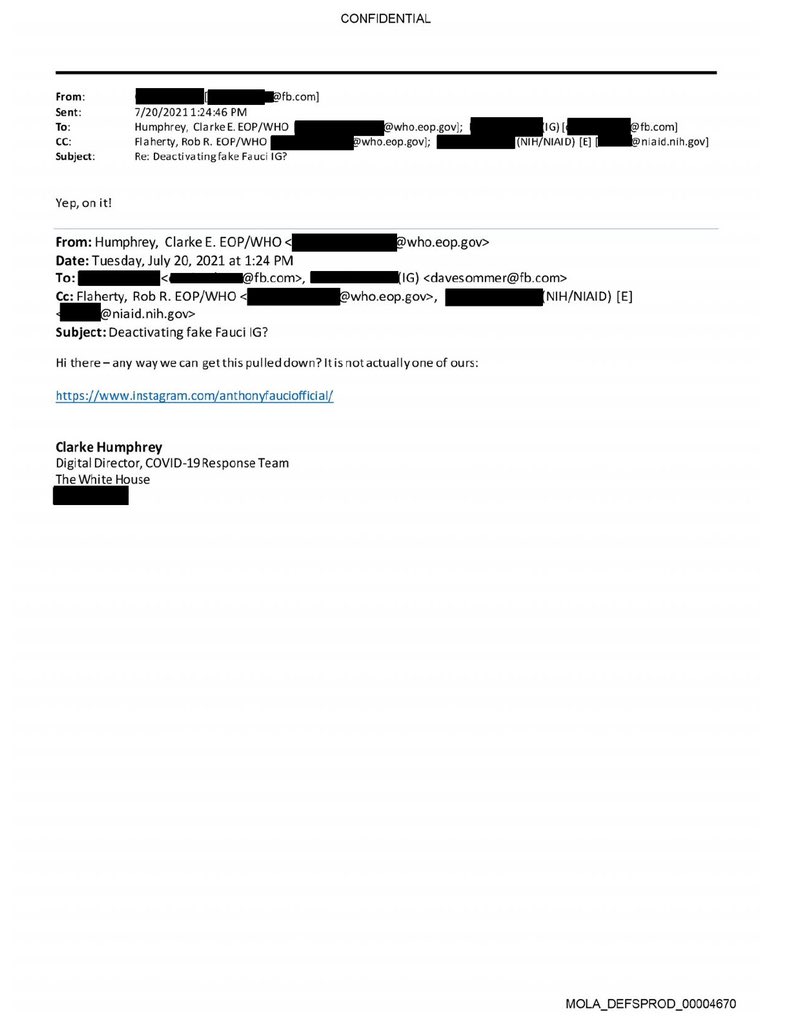
Asked if he had contacted a social media company to have misinformation removed, Fauci said: “No, I have not.” He added that to his knowledge, staffers in his office had not done that either.
He was later shown an email proving that the National Institute of Allergy and Infectious Diseases officials attempted to contact Google to discuss “vaccine communications, specifically misinformation” and even planned a meeting. Fauci said he was not sure the meeting ever happened.
The infectious disease expert said he was concerned about misinformation and disinformation because it could result in loss of life.
“I think in any situation where egregious misinformation such as some of the ones I referred to before, such as information that would discourage people from getting vaccinated, that in my mind, would be a way that life that could otherwise have been saved would be lost, if people were persuaded not to pursue a life-saving intervention,” he said.
Asked if misinformation and disinformation should be censored, Fauci said: “That’s not my area. I’m very well aware of the concept of freedom of speech. The area of the curtailment of that is something that is not in my area of expertise. Those are legal and other things. And I really don’t have any opinion on that.” He claimed that he generally prefers open debate and that the best way to fight disinformation and misinformation is to “flood the system with correct information.”
“I think honest debate is important, but when it goes beyond debate and leads people who are unwitting about these things to do things that are clearly detrimental to their life and their safety, I find that disturbing. How you mitigate against that, I would leave to other people,” Fauci added.
“Do you have acquaintances, people that you know, who work at social media platforms?” John Sauer, Missouri’s solicitor general, asked Fauci.
“Well, a person who used to work as a software engineer for Twitter was my daughter,” Fauci said, adding that she left over a year ago.
The Attorney General of Louisiana, Jeff Landry, said “Fauci, who believes he represents science itself, has a long history of silencing dissent, neutralizing debate, and destroying the career of any scientist who disagrees with him by ensuring their research is never funded, published, or taken seriously.”
Landry added, “Throughout the pandemic, doctors, scientists, patients, and families were censored, shadow-banned, blocked, and punished for having views, opinions, and research findings disfavored by the government and their chosen gatekeepers.”

